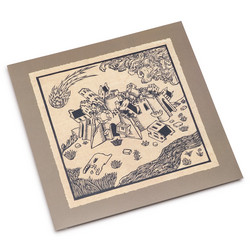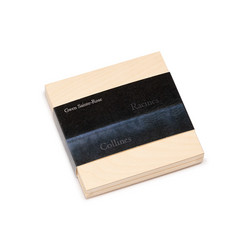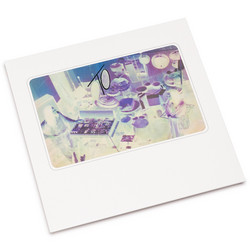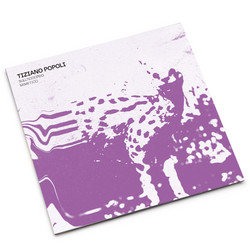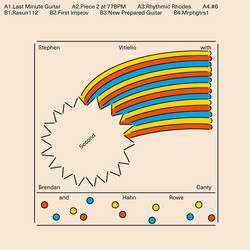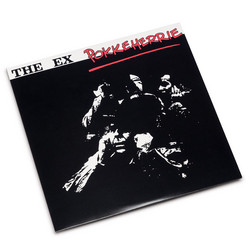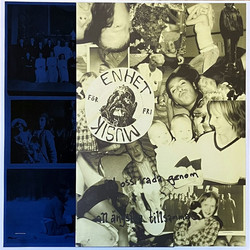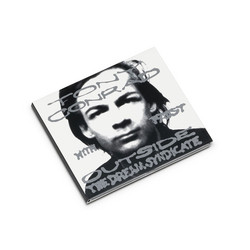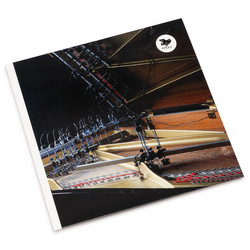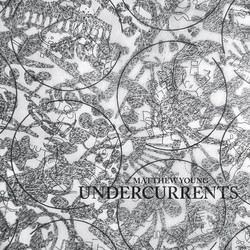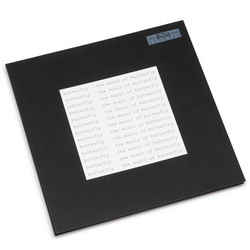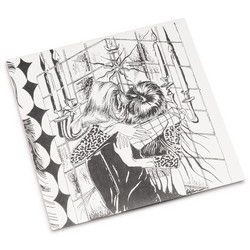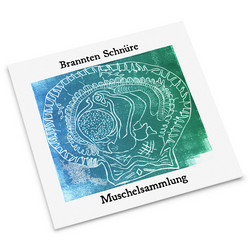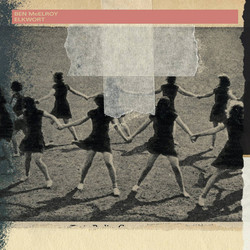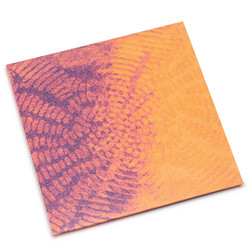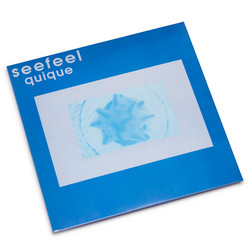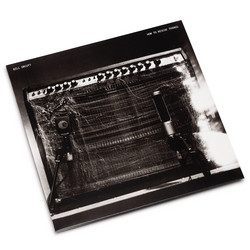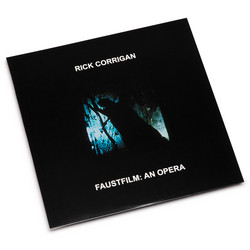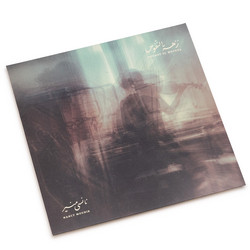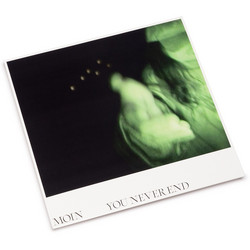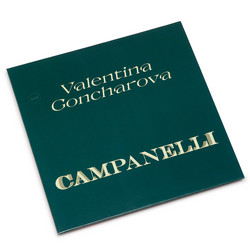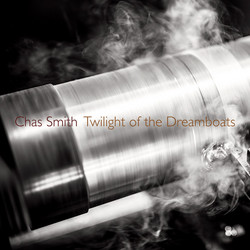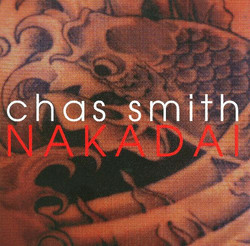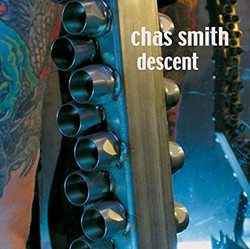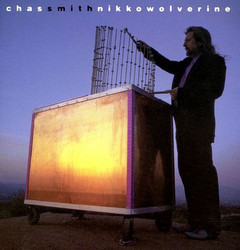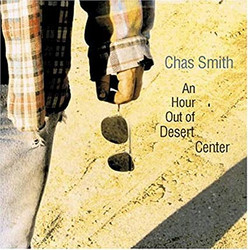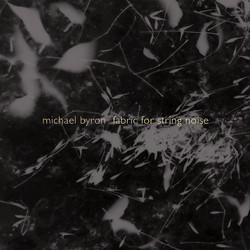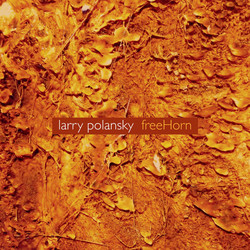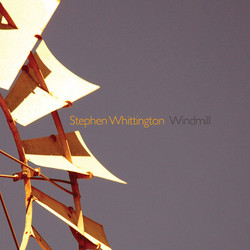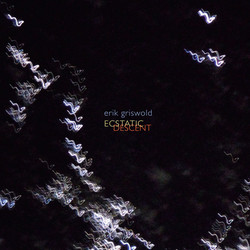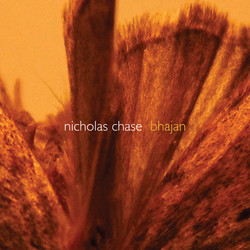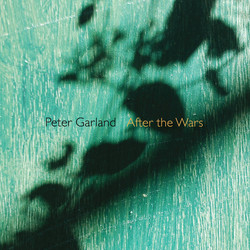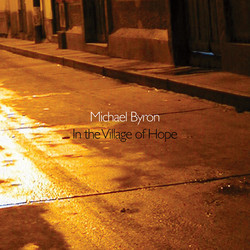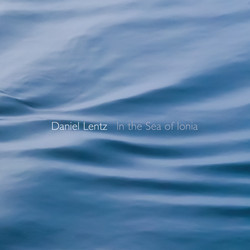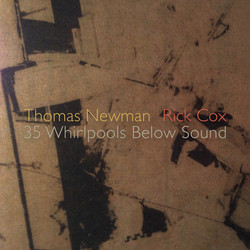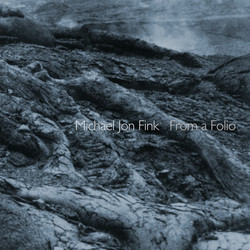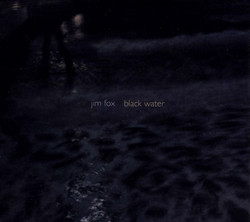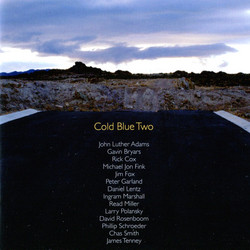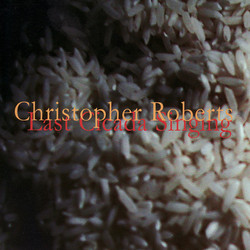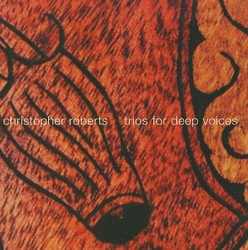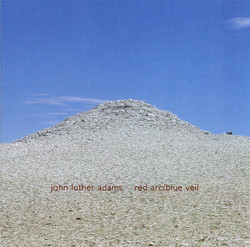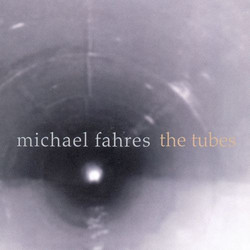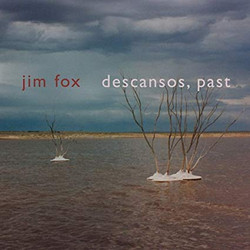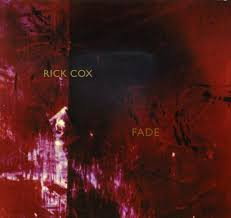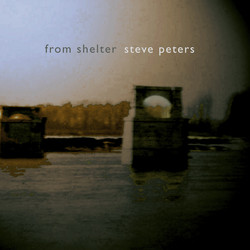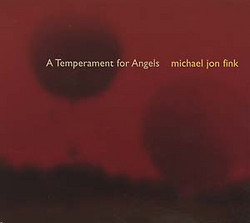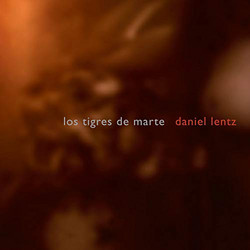Chas Smith's six-movement set of variations that comprise Aluminum Overcast play with the listener’s sense of time—the perceived pace and the clock pace at which musical events take place—as they slowly progress, the spare advancing to the dense.
The first five sections/variations are built from shared/recurrent phrases—melodic phrases (for bowed and struck metal), rhythmic phrases derived from geometric and Fibonacci structures, and phrases of “harmonic noise” that vary in density. The sixth movement, something of a coda to the whole work, steps aside from the variations structure and into a purely textural, Ligeti-like soundworld.
Aluminum Overcast is scored for metal instruments of the composer’s design—resonators that sprout rods, which are bowed and struck; large, clangorous sculptures of titanium; metal strings strung across multiple resonators; and vibraphone-like arrays of metal plates—along with an understated touch of pedal steel guitar and electronically processed flute and woman’s voice.
Chas Smith is a Los Angeles-based composer, performer, and instrument designer and builder who, in the spirit of Harry Partch, creates much of his music for his own exotic instruments. His compositions, which always display his dualistic fascination with the scientific and the sensual, might owe their split personalities to the diverse collection of composers he studied with in the 1970s: Morton Subotnick, Mel Powell, James Tenney, and Harold Budd.
As a performer, Smith regularly appears on feature film scores, playing both pedal steel guitar and his personally designed instruments. (He may be heard on such popular film scores as The Shawshank Redemption, The Horse Whisperer, and American Beauty.) Smith has also been featured on recordings by composer Harold Budd and with Rick Cox and film composer Thomas Newman in the experimental music ensemble Tokyo 77. Smith has performed his own works at various new music festivals and art galleries. His music has been recorded on the Cold Blue, Cantil, Arc Light, MCA, and Straw Dog labels.
Although Smith’s music is often somewhat dissonant, the manner in which it presents itself is extremely engaging. As one critic put it when reviewing one of Smith’s earlier recordings: “If the house band on the Titanic sounded this gorgeous when the ship went down, you might have been tempted to stay aboard.”
“Like one of Ligeti’s impenetrable clouds of clustered vibrating particles.” —The Wire magazine
“Inhabits a sonic dimension of unbroken radiance…an original and quite mesmerizing sound-world.” —International Record Review (UK)
